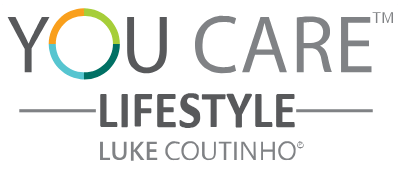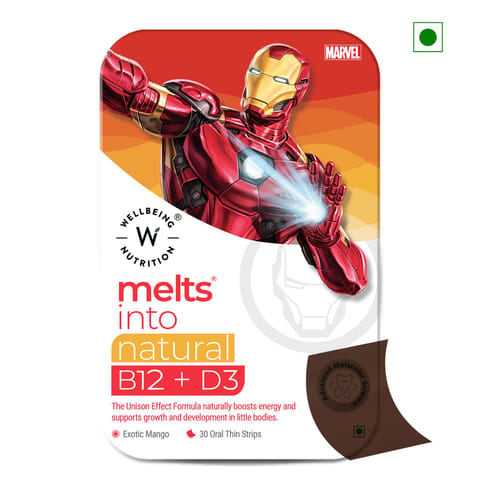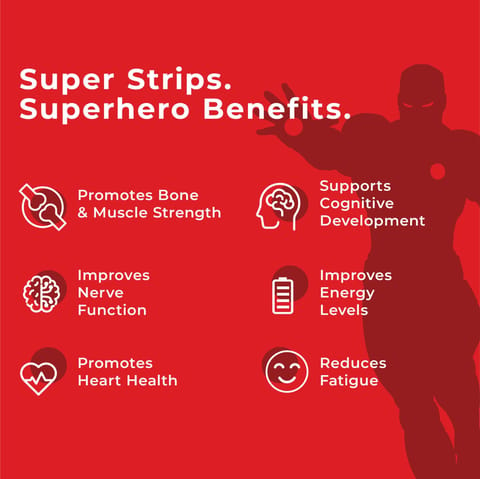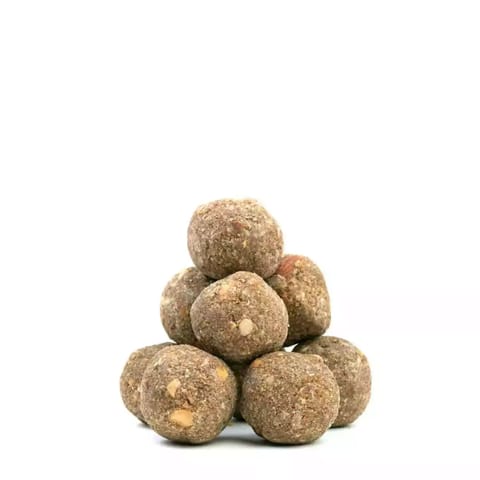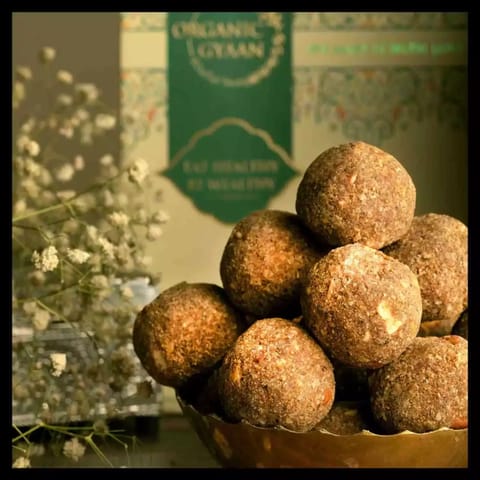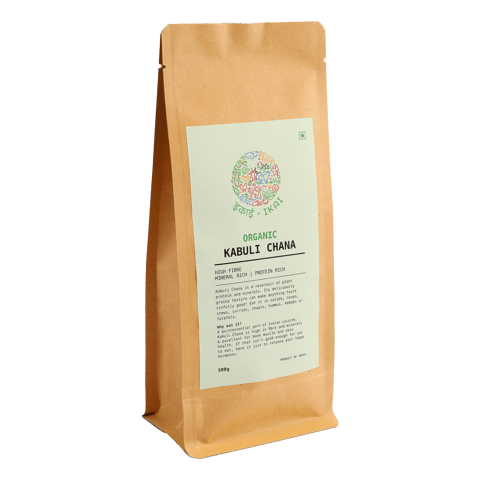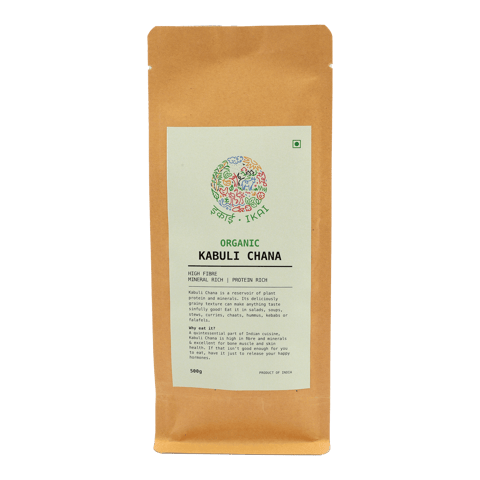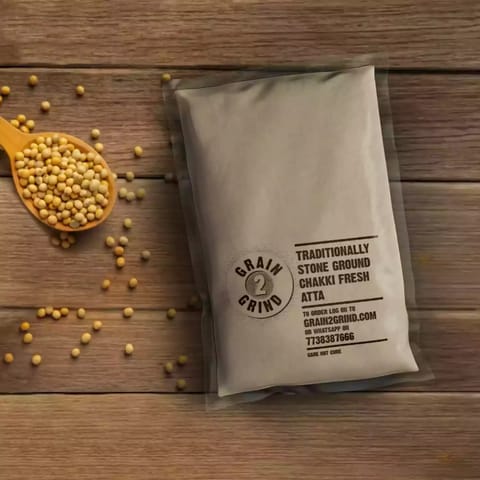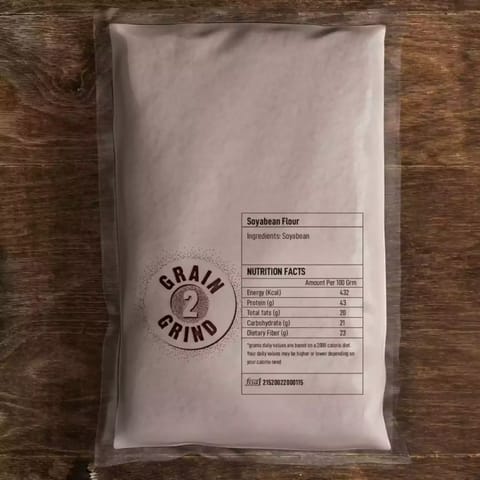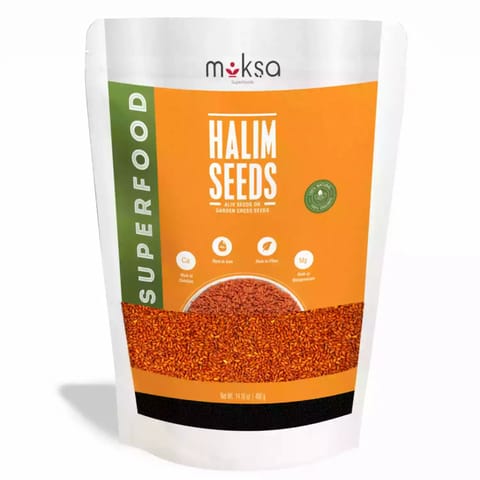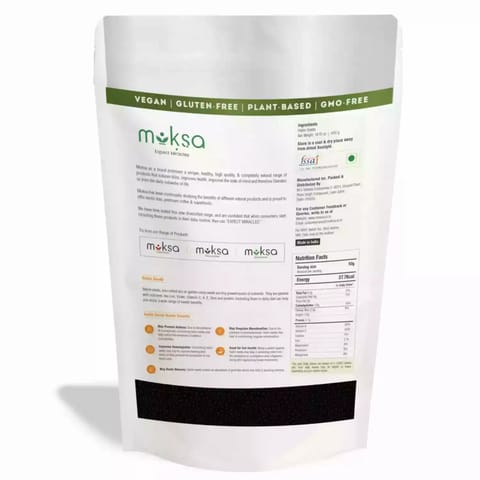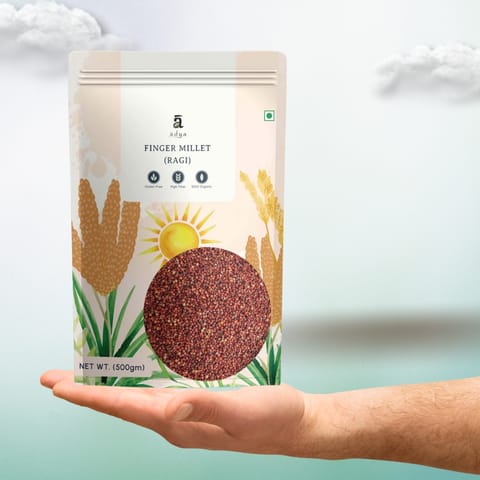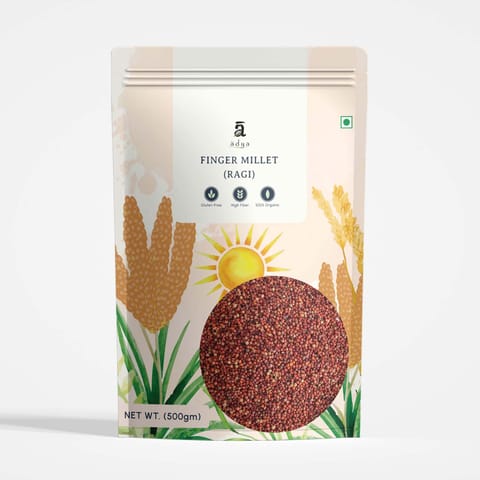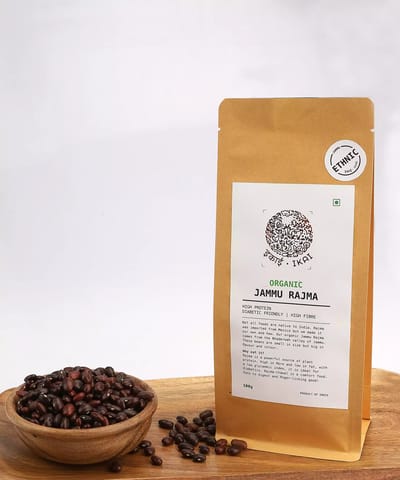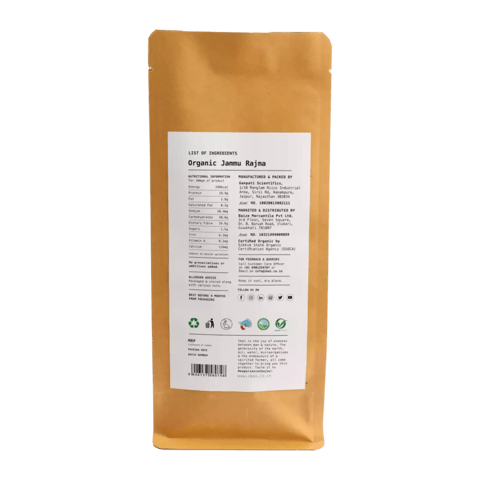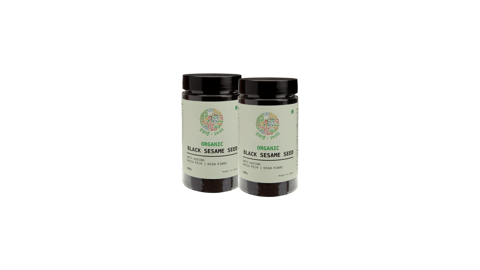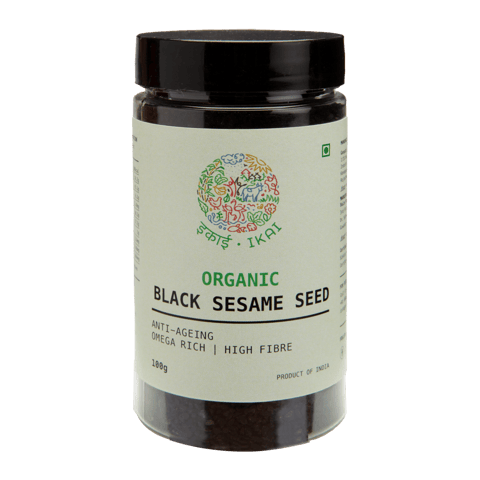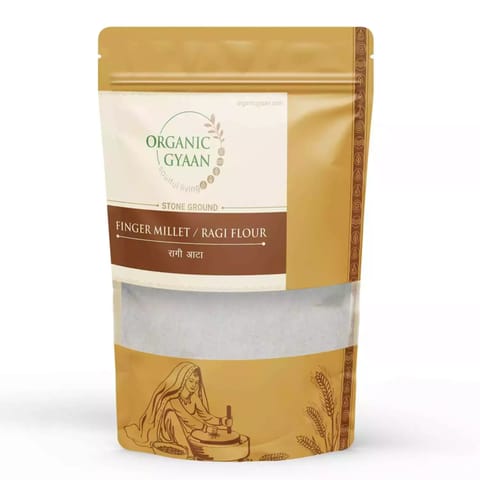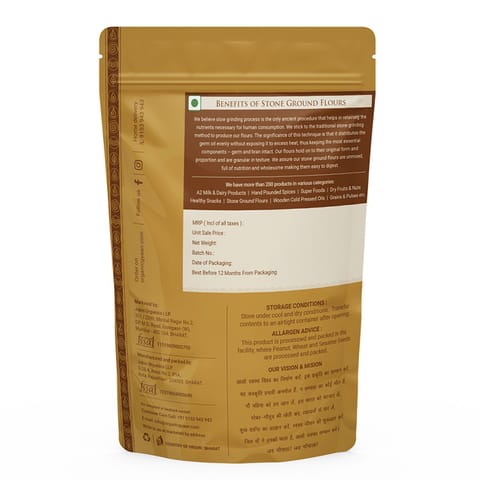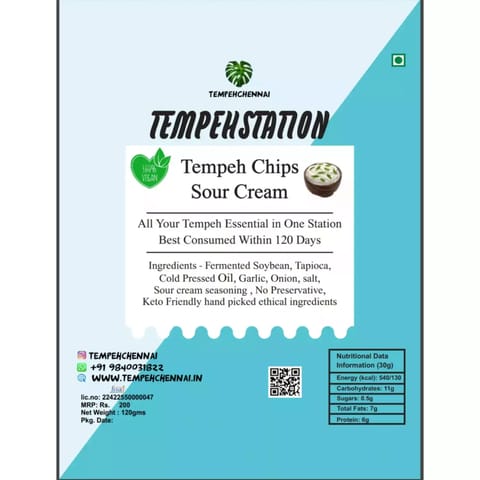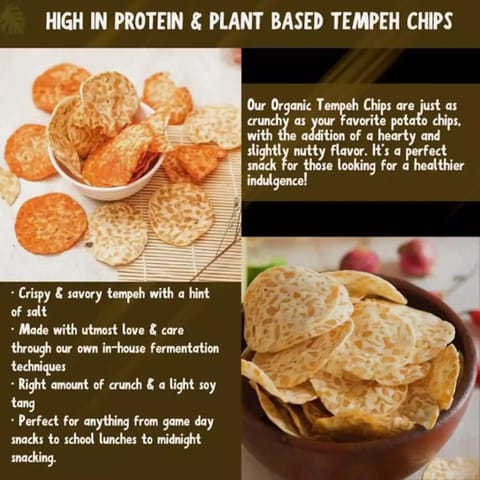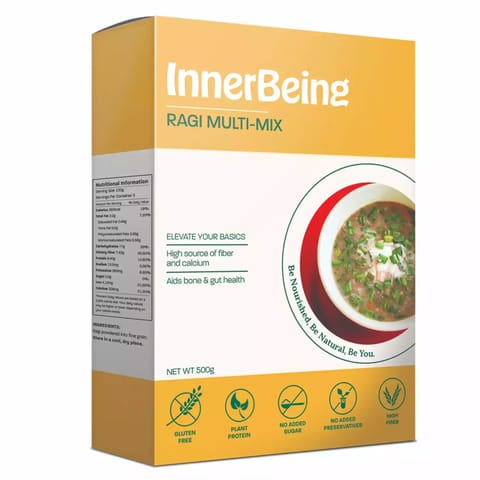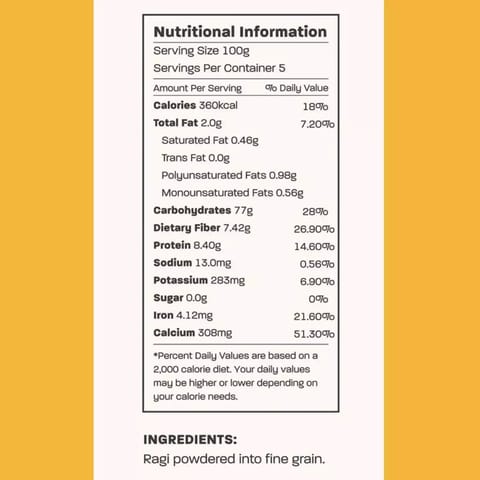Choose your location
Select a delivery location to see product availability and delivery options
Iron and Hg Boosters
Iron and Hemoglobin Boosters: Vital Nutrients for Your Health
Iron is a crucial nutrient for maintaining good health. It plays a central role in ...
Iron and Hemoglobin Boosters: Vital Nutrients for Your Health
Iron is a crucial nutrient for maintaining good health. It plays a central role in transporting oxygen throughout the body and is essential for the production of hemoglobin, the protein responsible for carrying oxygen in the blood. While both men and women require iron for overall well-being, women often have higher iron needs due to factors like menstruation and pregnancy. In this blog, we'll explore the significance of iron, its sources, and how incorporating iron-rich foods into your diet can boost hemoglobin levels.
The Importance of Iron for All:
Iron is vital for both males and females, as it supports various bodily functions, including energy production, immunity, and brain development. However, females typically require more iron than males, particularly during their reproductive years. Menstruation causes women to lose iron, and pregnant women need extra iron to support the developing fetus. Insufficient iron intake can lead to iron-deficiency anemia, causing fatigue, weakness, and other health issues.
Iron Sources for a Balanced Diet:
To ensure you're meeting your iron requirements, consider incorporating the following iron-rich foods into your daily meals:
Garden Cress Seeds: These tiny seeds are packed with iron and can be sprinkled on salads, yogurt, or added to smoothies. Their high iron content helps maintain healthy hemoglobin levels and boosts overall energy.
Supplements: Iron supplements are a convenient way to ensure you meet your daily iron needs, especially if you have specific dietary restrictions or conditions that affect iron absorption.
Turmeric: While not high in iron itself, turmeric can boost iron absorption when combined with iron-rich foods, making it an excellent addition to curries and other dishes containing iron sources.
Pulses and Dals: Lentils, chickpeas, and other legumes are excellent sources of iron. Incorporate them into soups, stews, and curries for a delicious and nutritious meal. The fiber in pulses aids in digestion and helps maintain steady iron levels.
Millets: Whole grains like quinoa, amaranth, and fortified cereals are rich in iron. Use them as a base for your meals to provide sustained energy and support overall health.
Green Leafy Vegetables: Spinach, kale, and broccoli are iron powerhouses. Steam or sauté them as a side dish or add them to omelets. The high iron content in these greens helps improve hemoglobin and overall energy levels.
Dates and Anjeer (Figs): These dried fruits are not only sweet but also iron-rich. Snack on them or add them to your cereal for a tasty way to boost your iron intake and maintain healthy hemoglobin levels.
Iron for Females:
As per the Indian Recommended Dietary Allowance (RDA), women aged 19-50 years should aim for 21 mg of iron daily, while pregnant women may require up to 35 mg daily to support fetal development. To meet these needs, women can focus on iron-rich foods and consider iron supplements if necessary. Additionally, foods rich in vitamin C, like citrus fruits, bell peppers, and strawberries, should be included in their diet to enhance iron absorption. It's important for women to manage their iron intake, especially during menstruation, to prevent iron-deficiency anemia.
Iron for Menopausal Women:
During menopause, the Indian RDA recommends a daily iron intake of 18 mg for women. It's important to maintain adequate iron levels to prevent anemia and support overall health. Menopausal women should incorporate iron-rich foods into their diet, while being mindful of calcium supplements and medications that can inhibit iron absorption. Consulting a healthcare professional is advisable for personalized guidance.
Conclusion:
Iron is an indispensable nutrient for both men and women. While women often need more iron due to their unique life stages, men should also ensure they get enough iron for overall health. By incorporating a variety of iron-rich foods into your diet and following tips for better absorption, you can boost your hemoglobin levels and maintain good health. Remember that balance and variety in your diet are key to meeting your nutritional needs, so make informed choices for a healthier, iron-rich lifestyle.
